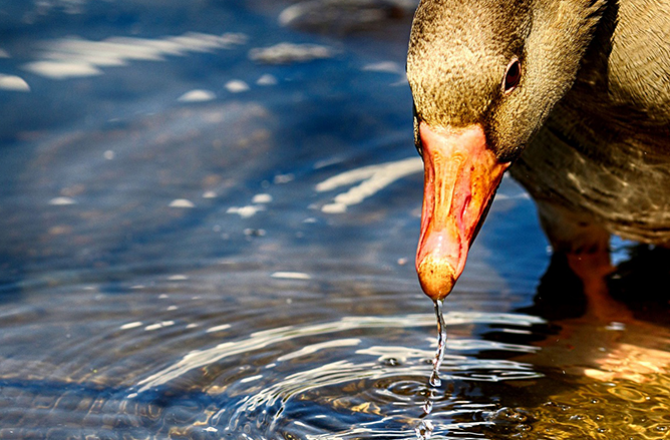The provision of clean, renewable power to the public is a prime goal in modern energy policy and public conscience. Hydropower is one of the technologies that meets this goal, using only water as its fuel to power the turbines that create electricity.
Most hydropower developments have reservoirs that are used by a variety of stakeholders, including upland property owners, hikers, boaters, fishers, swimmers, sightseers, and wildlife. The terms of such uses are determined through a public process that results in the issuance of an operating license from the Federal Energy Regulatory Commission. The process allows for public input at many points throughout the license development and ensures that the interests of the public are balanced with those of power generators.
Licenses may have conditions that require for water releases for the benefit of fishery, insect, or wildlife habitat or releases may be made to allow for canoeing, rafting, and kayaking. Picnic areas, fishing access, and hiking trails are typically part of recreation plans that have been established with public input. The preservation of historic and cultural assets that are within the confines of hydro developments is quite common. Some hydropower developments are used to provide clean potable water for municipalities, while others may have the capability to mitigate impacts from flood waters.
Hydroelectric turbine-generators can rapidly change their output to meet power system needs; more so than other forms of power generation; therefore, hydropower is counted on to provide power during high demand periods and system emergencies.
Hydropower provides a source of revenue and jobs in local communities. It has been a long time benefactor to its neighbors and will continue to be so far into the future.
The U.S. Department of Energy maintains a good website explaining how hydropower works, including an interactive tool: How Hydropower Works
It has also created a list of the Top 10 Things You Didn't Know about Hydropower, and it has produced the video to the right: Energy 101: Hydropower
To learn more about the benefits of Hydropower, please visit the National Hydropower Association or watch the video to the left.
